WFU professor explains why education is hot topic in NC elections
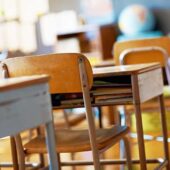
Categories: Experts

Categories: Experts
 Communication professor Mary Dalton is an expert on teacher representation in popular culture. In this Q&A she looks at teachers on “Abbott Elementary and puts them in context with other shows representing teachers in the past decade.
Communication professor Mary Dalton is an expert on teacher representation in popular culture. In this Q&A she looks at teachers on “Abbott Elementary and puts them in context with other shows representing teachers in the past decade.Categories: Experts
 Queen Elizabeth II was a symbol of national unity and purpose, said Worrell Professor of Politics and International Studies Mark Vail. And, that will be difficult to replace.
Queen Elizabeth II was a symbol of national unity and purpose, said Worrell Professor of Politics and International Studies Mark Vail. And, that will be difficult to replace.Categories: Experts
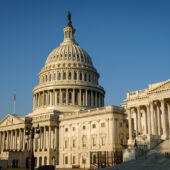 Economics professor Koleman Strumpf explains why the future of the political futures markets is at risk and why it matters.
Economics professor Koleman Strumpf explains why the future of the political futures markets is at risk and why it matters.Categories: Experts
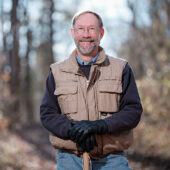 Stan Meiburg, former acting deputy administrator of the Environmental Protection Agency (EPA) and director of Wake Forest University’s graduate programs in sustainability, is available for comment on the Supreme Court case West Virginia vs. EPA.
Stan Meiburg, former acting deputy administrator of the Environmental Protection Agency (EPA) and director of Wake Forest University’s graduate programs in sustainability, is available for comment on the Supreme Court case West Virginia vs. EPA.Categories: Experts
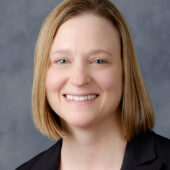 A Q&A with Allison McWilliams, AVP of mentoring and alumni personal and career development at Wake Forest, and the National Association of Colleges and Employers “Mentor of the Year.”
A Q&A with Allison McWilliams, AVP of mentoring and alumni personal and career development at Wake Forest, and the National Association of Colleges and Employers “Mentor of the Year.”Categories: Experts, Mentorship, Personal & Career Development, University Announcements
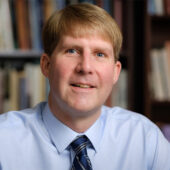 Reversing Roe v. Wade and declaring that the U.S. Constitution does not protect abortion rights would return the issue to the 50 states and put the spotlight on state constitutions.
Reversing Roe v. Wade and declaring that the U.S. Constitution does not protect abortion rights would return the issue to the 50 states and put the spotlight on state constitutions.Categories: Experts
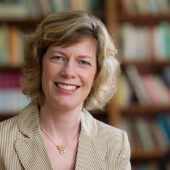 More than 2.5 million refugees have fled Ukraine in the first two weeks of the Russian invasion. Professor of Politics Sarah Lischer, author of Dangerous Sanctuaries: Refugee Crises, Civil War and the Dilemmas of Humanitarian Aid, studies the politics of refugee crises and humanitarian action. Lischer addresses the challenges facing the refugees, the importance of international support, and lessons from the past.
More than 2.5 million refugees have fled Ukraine in the first two weeks of the Russian invasion. Professor of Politics Sarah Lischer, author of Dangerous Sanctuaries: Refugee Crises, Civil War and the Dilemmas of Humanitarian Aid, studies the politics of refugee crises and humanitarian action. Lischer addresses the challenges facing the refugees, the importance of international support, and lessons from the past.Categories: Experts
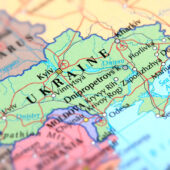 Benjamin Coates, Wake Forest professor of history, is currently conducting research on the U.S. and economic sanctions since WWI. He explains how sanctions have been used in the past, how they are being used against Russia and the impact they are likely to have.
Benjamin Coates, Wake Forest professor of history, is currently conducting research on the U.S. and economic sanctions since WWI. He explains how sanctions have been used in the past, how they are being used against Russia and the impact they are likely to have.Categories: Experts
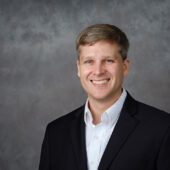 Economists have long studied the question of whether machines might one day replace human workers, but the advent of new technologies makes it particularly important as we consider the future of work in the 21st century.
Economists have long studied the question of whether machines might one day replace human workers, but the advent of new technologies makes it particularly important as we consider the future of work in the 21st century.Categories: Experts